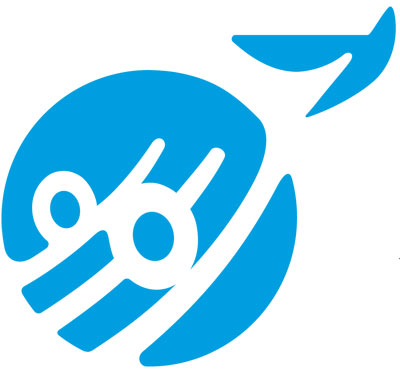People living in extreme poverty must be part of the Post 2015 debate

If they are to be successful, anti-poverty policies and programmes need the input of the people most concerned. At the Millennium Development Goals evaluation mid-project seminar, held in Brussels, on January 22 2013, people with a lived experience of chronic poverty were leading the dialogue, giving concrete proposals for a global development framework to be set up after 2015. Participants from Haiti, the Philippines, Belgium, Poland, Mauritius, Spain and France explained through concrete lived examples, that policies and projects not thought out with them, cannot hope to be sustainable.
Knowledge from experience is essential, and as valuable as academic knowledge, recognised a representative of the European Commission. Representatives of the European Commission’s development and cooperation agency (EuropeAid, and other officials took note of the contributions and proposals of the participants).
Marilou, from the Philippines, recounted multiple cases of forced relocation. When her home was destroyed, she and her family were relocated many miles from the children’s school, and from available work. After several weeks, they moved back, building a shanty, in order that the children did not have the long walk to school every day, and in order for the parents to find regular work of sorts. Information on the relocation was only available in English, and not Tagalog, a recognised regional language.
In Belgium, a person living in chronic poverty explained the importance of having a home. It is “a security, it means I can find work, I can care better for my children so they are not taken away from me”. The system “traps [you] in poverty”, and “[your] daily struggles are not taken into account”.
“We need to talk about values in the post 2015 agenda”, said Olivier Consolo, Director of Concord. “Solidarity is a key issue and people must be placed at the centre of politics”. As Roberto Bissio, of Social Watch explained, the average mean wealth in the world has more than doubled since 2000. The funds needed for the protection of rights exist.
Some post 2015 proposals made in the seminar:
- Poverty is a global issue, and must be examined as such;
- The population concerned must be considered as a partner, not a beneficiary, in all development projects;
- The people concerned must be consulted before authorities or outsiders seek to set up a development project.
Isabelle Pypaert Perrin, Director General of ATD Fourth World, further put forth the suggestion that the United Nations Draft Guiding Principles on Extreme Poverty and Human Rights must be used as a basis in the post 2015 development agenda.
The seminar was part of an ATD Fourth World three-year research project to evaluate the Millennium Development Goals (MDGs) with people living in extreme poverty. The project aims to ensure that people living in extreme poverty can contribute their knowledge and experience to the development agenda. Further policy proposals will be made to United Nations bodies at a conference in June, in New York. The work aims to contribute to the framework to be set up after the MDGs 2015 deadline. The seminar took place at the Committee of the Regions.


Play with YouTube
By clicking on the video you accept that YouTube drop its cookies on your browser.

